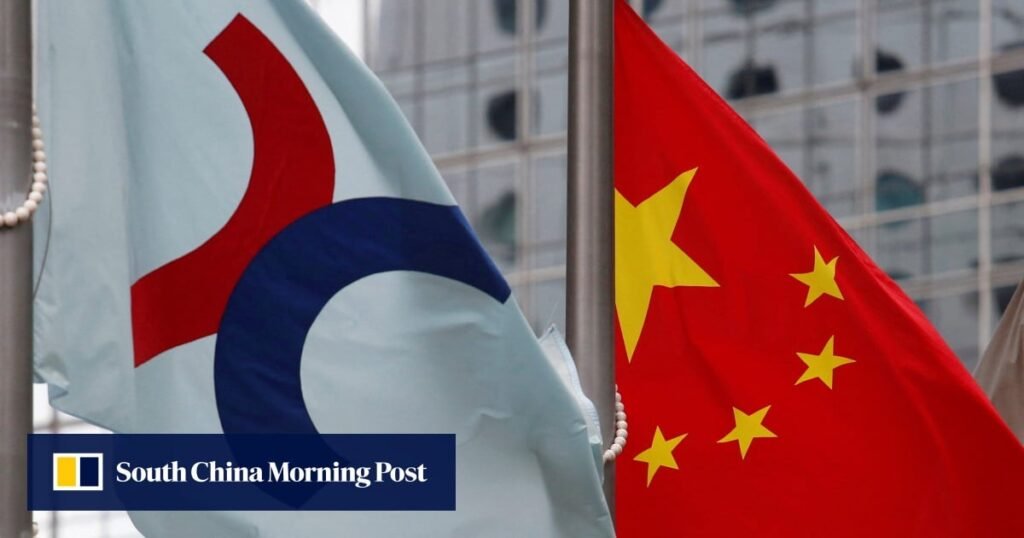E-commerce company JD.com soared 5.5% to HK$106. Tencent Holdings rose 2.5% to HK$328.60, while Meituan rose 6% to HK$106.50.
The Hang Seng Index has fallen more than 2% this year after four consecutive years of record declines.
“With the policy support for the Hong Kong market, southbound capital will continue to flow into the Hong Kong market,” said Fang Kaihong, an analyst at Hong Kong’s Guotai Jun’an Securities. “If you do that, you’ll become stronger. [mainland investors’] Strengthen pricing power in the Hong Kong market and improve its stability and rationality. ”
Mainland Chinese traders have so far bought HK$1.02 billion (US$130.2 million) in Hong Kong stocks through the Stock Connect scheme’s southbound investment channel by Tuesday, according to Bloomberg data, the 17th consecutive day of purchases. is heading toward net buying.
A rally in U.S. stocks overnight on expectations that tech companies will report strong results also boosted prices.
With earnings season in full swing, traders will be keeping a close eye on company performance. Seven companies included in the Hang Seng Index, including Ping An Insurance Group and stock exchange operator Hong Kong Exchange Clearing, are scheduled to release their performance reports this week.
Two companies started trading in the city on Tuesday. Sichuan Baicha Baidao Industrial Co., Ltd., a bubble tea maker and the city’s biggest initial public offering (IPO) this year, saw its share price fall 36% to HK$11.20. Tianjin Construction and Development Group fell 24% to HK$1.89.
Other major Asian markets also rose. Japan’s Nikkei Stock Average rose 0.3%, South Korea’s Kospi Index rose 0.1% and Australia’s S&P/ASX 200 Index rose 0.4%.

